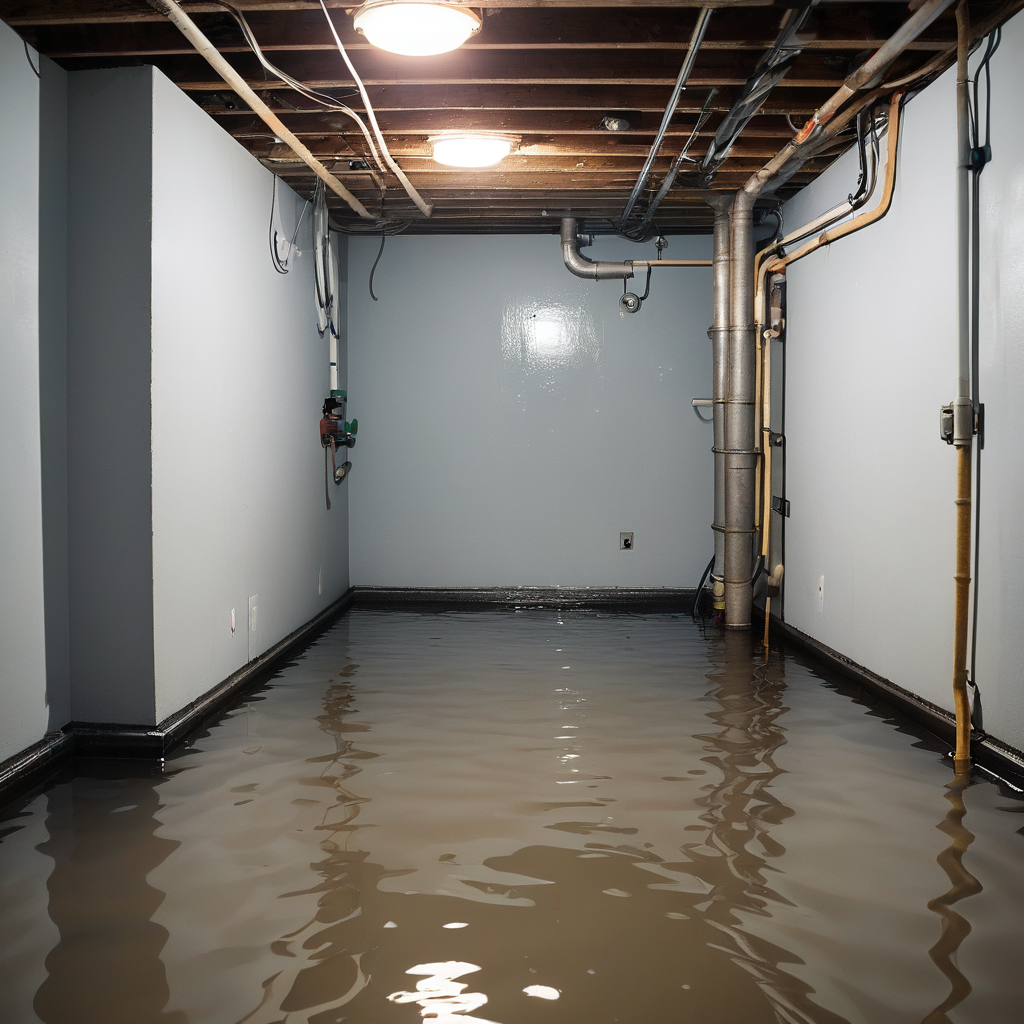
Basements are valuable extensions of homes, offering extra living space, storage, or utility areas. However, they are also prone to water intrusion and flooding, especially in regions with high water tables or heavy rainfall. To safeguard against water damage and maintain a dry, usable basement environment, sump pumps play a pivotal role. Here’s an in-depth look at why sump pumps are indispensable in basement protection:
1. Water Management and Flood Prevention:
The primary function of a sump pump is to manage groundwater and prevent flooding in basements. It operates by collecting excess water that accumulates in a designated sump pit, typically located in the lowest part of the basement floor. When the water level reaches a certain point (activated by a float or pressure sensor), the pump automatically activates to pump water out and away from the foundation, thereby preventing basement flooding.
2. Protecting Structural Integrity:
Excessive moisture and water infiltration can compromise the structural integrity of a building over time. Continuous exposure to moisture can weaken foundation walls, leading to cracks, bulging, or even structural collapse in severe cases. By effectively removing water from the basement, sump pumps help mitigate these risks and preserve the stability and durability of the foundation and basement walls.
3. Preventing Mold and Mildew Growth:
Basements are prone to high humidity levels, creating ideal conditions for mold and mildew growth. These fungal organisms not only damage building materials and belongings but also pose significant health risks to occupants, including respiratory issues and allergies. By keeping basements dry and reducing moisture levels, sump pumps help prevent mold and mildew infestations, thus promoting a healthier indoor environment.
4. Preserving Property and Belongings:
Basements often house valuable items such as furniture, appliances, electronics, and sentimental belongings. Water damage can cause irreparable harm to these possessions, leading to costly replacements or repairs. Sump pumps provide peace of mind by minimizing the risk of water damage and protecting valuable property stored in basements from potential flooding incidents.
5. Insurance Requirements and Property Value:
Many homeowners insurance policies may require adequate measures for basement flood prevention, including the installation of a sump pump. Having a functional sump pump system not only helps meet insurance requirements but also enhances the overall resale value of the property. Potential buyers are often reassured by the presence of a sump pump, knowing that the basement is protected against water damage.
6. Reliable Operation During Power Outages:
To ensure continuous basement protection, consider installing a sump pump with a battery backup system. This allows the pump to remain operational during power outages, which often coincide with severe weather events that increase the risk of basement flooding. Battery backup systems provide an added layer of reliability and peace of mind, ensuring that your basement remains protected even when electricity is unavailable.
7. Tailored Solutions for Different Basement Conditions:
There are various types of sump pumps available to suit different basement layouts and water management needs. Submersible pumps are typically installed inside the sump pit and are quieter, making them suitable for finished basements. Pedestal pumps are mounted above the sump pit and are easier to maintain and access. Choosing the right type of sump pump depends on factors such as basement size, water volume, and specific drainage requirements.
8. Regular Maintenance and Monitoring:
To ensure optimal performance, sump pumps require regular maintenance and monitoring. Inspect the pump and check valves periodically for signs of wear, debris buildup, or mechanical issues. Test the pump by pouring water into the sump pit to verify proper operation. Keep the discharge pipe clear of obstructions to ensure water is effectively pumped away from the foundation. Routine maintenance helps extend the lifespan of the sump pump and ensures it remains ready to protect your basement when needed.
In conclusion, sump pumps are essential components of basement protection systems, offering effective water management, flood prevention, and preservation of property and indoor air quality. Investing in a reliable sump pump and maintaining it properly can safeguard your basement against the damaging effects of water infiltration, ensuring a dry, safe, and functional space for years to come.
Cedar Hill St. Louis Jefferson County Olivette Kirkwood Ballwin Arnold Franklin County St Charles County Fenton High Ridge Dittmer Creve Coeur
